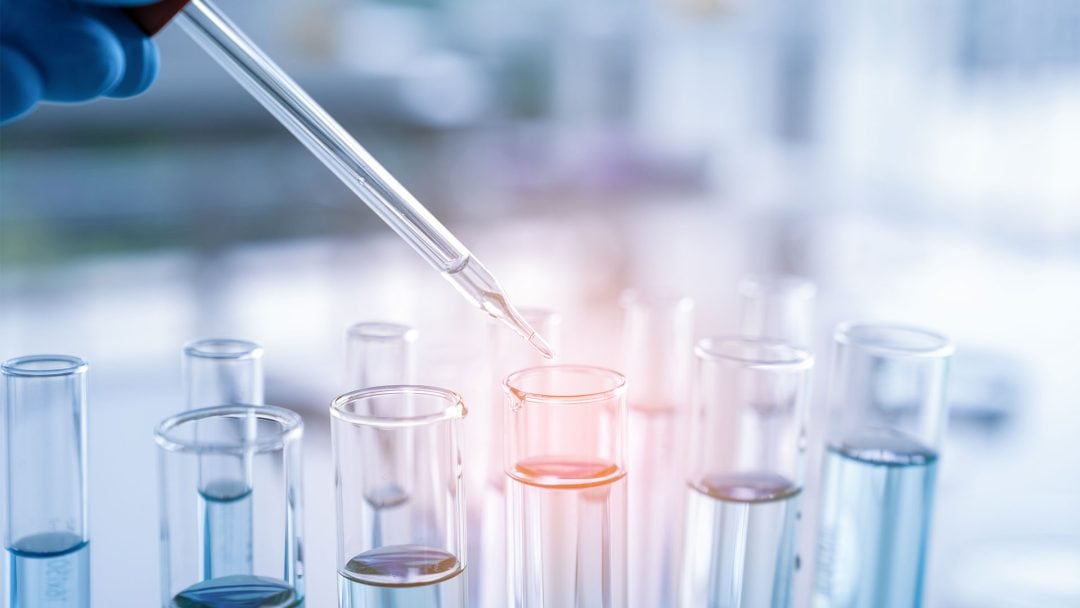Fungal Infections

Fungal infections, also known as mycoses, can affect individual parts of the body superficially, including the skin, nails, mouth and genital area, as well as systemically infecting the internal organs of the body, usually the intestines and blood. Common fungal infections include vaginal thrush, athlete’s foot and oral thrush. The most common pathogens include filamentous fungi (dermatophytes) and yeast fungi, such as Candida albicans.
Symptoms of Fungal Infections
Different symptoms can develop depending on the type of fungus and its location:
The most common skin symptoms include redness, itching, swelling and rashes.
However, local swelling of the lymph nodes can also occur.
If, on the other hand, the mucous membranes are affected, there may be a burning sensation, itching and discharge.
In the case of systemic mycosis, internal organs are infected by the fungus, which can lead to life-threatening symptoms such as blood clotting disorders and organ dysfunction. Such an infection of the internal organs is more likely to occur if the immune system is severely weakened.
Triggers and Causes of a Fungal Infection
The main cause of a fungal infection is a weakened immune system in combination with an unfavorable bacterial environment.
A weakened immune system can have difficulty fighting a fungal infection completely. A disturbed environment on the skin, in the intestine or other organs, caused by an unhealthy diet, acid-base imbalance and toxic substances, including heavy metals in particular, can increase the incidence of fungal infections.
Previous use of antibiotics and diseases that block the immune system (for example diabetes) can also promote fungal infections.
Diagnosis and Treatment of Fungal Infections
Comprehensive diagnostics, especially in complex cases, should definitely cover the identification of the pathogen, but also the cause of the disruption of the environment.
Conventional treatment options focus on symptomatic treatment with locally applied antifungal creams, ointments or mouth rinses as well as immune and anti-inflammatory therapies with cortisone. In more severe cases, for example in the case of a systemic fungal infection with infestation of the organs, oral antimycotics are administered.
Additionally, naturopathy focuses on restoring the damaged environment. Intestinal cleansing and sanum therapy can restore the acid-base balance and strengthen the immune system in a natural way. Of course, nutrition should not be neglected either. The consumption of sugar and white flour can promote a fungal infection and should be removed from the diet.
Dr. med. Karsten Ostermann M.A.
In the case of persistent and recurring fungal infections, a comprehensive diagnosis is important in order to find out the cause of the disease.

Further information
The information listed contains relevant topics and serves to improve understanding.